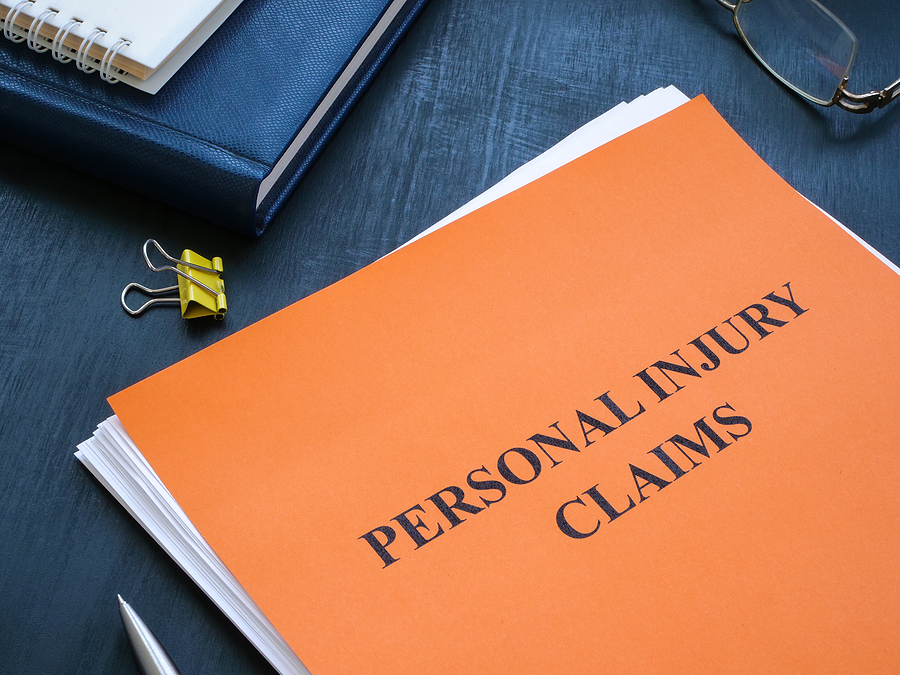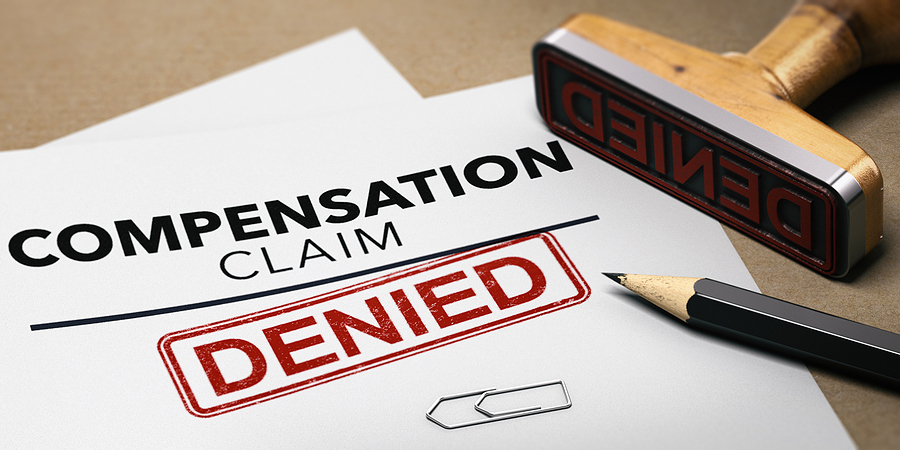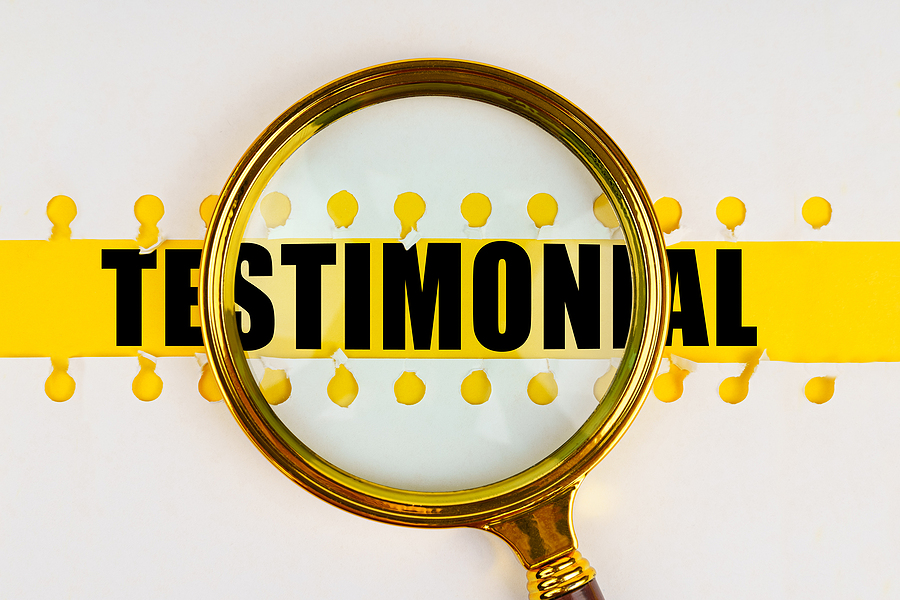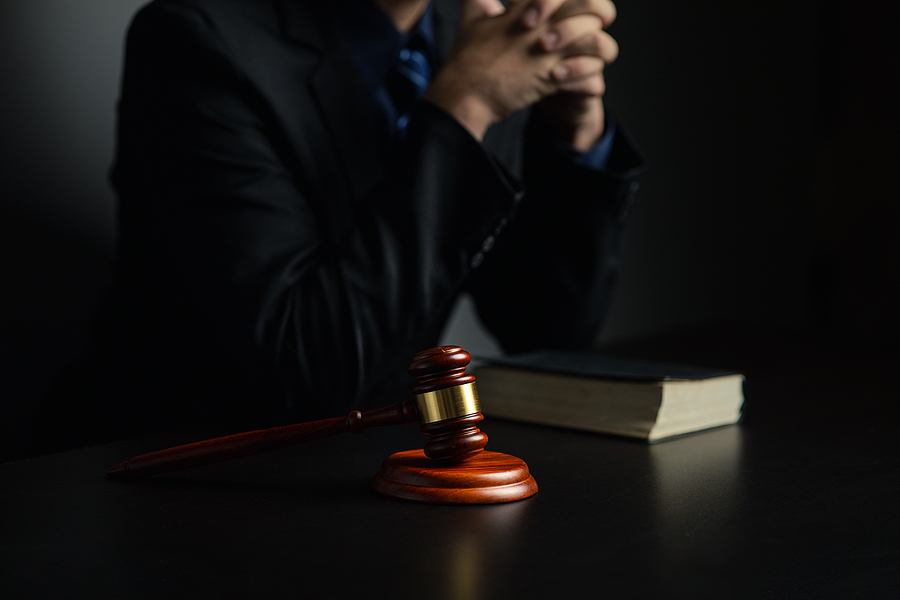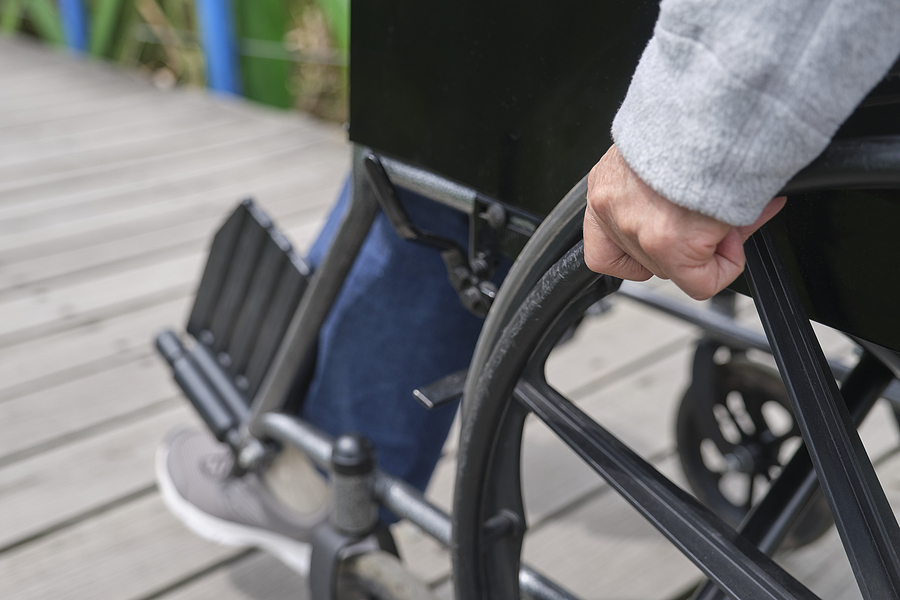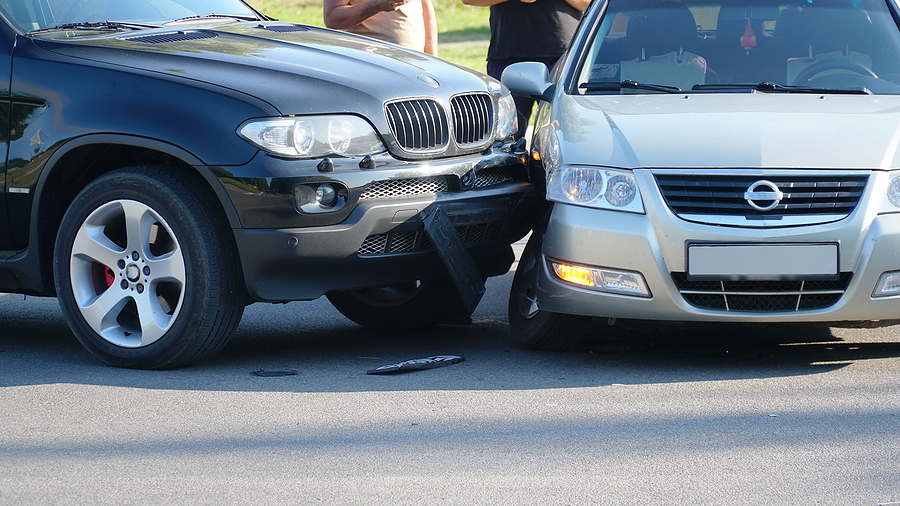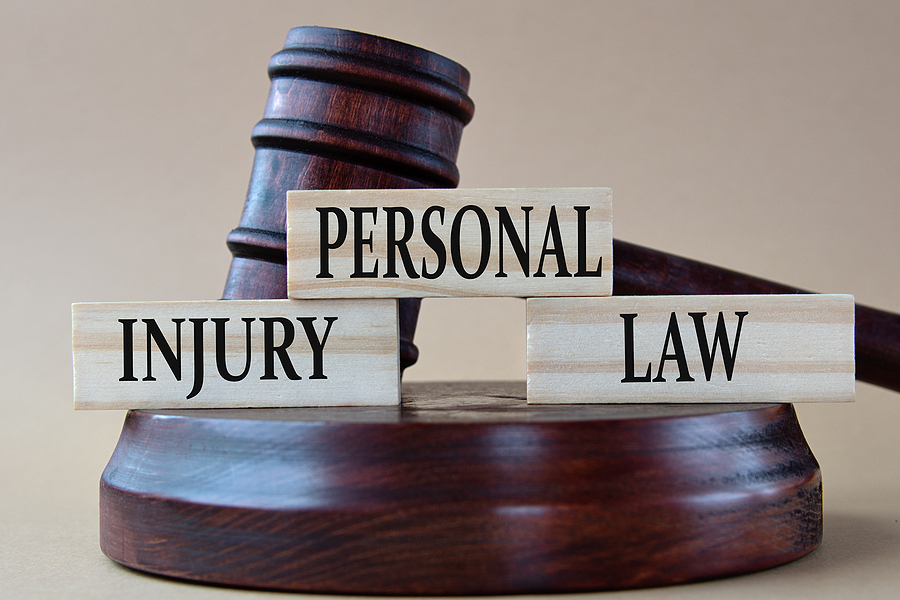Navigating through the ins and outs of Indiana bike laws can be challenging, especially when it comes to understanding liability in a bicycle accident. This blog post seeks to dissect the complexities of these laws and provide crucial insights into who might be at fault in the event of a collision.
We’ll delve into the intricacies of filing a personal injury claim following a bicycle accident and shed light on the legal provisions in place to protect cyclists in Indiana. Whether you’re an avid cyclist or a legal enthusiast, this blog will serve as a comprehensive guide to bicycle-related liabilities in the Hoosier State.

Understanding Indiana Bike Laws
Before we dive into the specifics of liability, it’s essential to have a basic understanding of Indiana bike laws. According to Indiana Code 9-21-11-2, bicycles are considered vehicles and have the same rights and responsibilities as cars on public roads. This means that cyclists must obey traffic signals and signs, ride in designated bicycle lanes where available, and use hand signals when turning. Indiana also has a three-passing law, requiring motorists to give at least three feet of clearance when passing a cyclist.
Furthermore, cyclists in Indiana are not required to wear helmets unless they are under the age of 18. However, wearing reflective gear is highly recommended for safety purposes.
Liability in Bicycle Accidents
When it comes to determining liability in a biking accident, Indiana follows the comparative fault doctrine. This means that both parties involved will be assigned a percentage of fault based on their actions leading up to the accident. If the cyclist is found to be more than 50% at fault, they will not receive any compensation for damages and injuries if there is only one defendant.
Factors Considered in Assigning Fault
Several factors are considered when determining fault in a bicycle accident, including:
Negligence: If one party failed to exercise reasonable care and caused the accident, they may be found at fault.
Road conditions: Poor road conditions or hazards can contribute to an accident and may shift liability onto the municipality responsible for maintaining the roads, however, all parties must factor in road conditions while driving or biking.
Violation of traffic laws: If either party violated traffic laws, they may be found at fault.
Filing a Personal Injury Claim
If you’ve been injured in a bike accident due to someone else’s negligence, you have the right to file a personal injury claim. This process involves gathering evidence, such as medical records and witness testimonies, to support your case. It’s crucial to immediately seek legal counsel from an experienced personal injury lawyer who can guide you through the process and ensure that you receive fair compensation for your injuries.
Protecting Cyclists in Indiana
In addition to traffic laws and liability provisions, Indiana also has laws in place to protect cyclists’ rights. For instance, municipalities include bicycle lanes and paths in their transportation plans, while the state provides funding for bicycle safety programs and initiatives. These measures aim to create a safer environment for cyclists and promote alternative modes of transportation.
Final Thoughts
Navigating through Indiana bicycle laws can be complicated, especially when it comes to determining liability in a bicycle accident. However, understanding these laws and your rights as a cyclist is crucial for staying safe on the roads and seeking compensation in case of a bike accident. Remember to always wear proper safety gear when riding your bike, follow traffic laws, and seek legal assistance if needed.
Are you looking for impactful legal representation after being injured in a bike accident in Indiana? Contact Craven, Hoover & Blazek, P.C. at 317-881-2700 to schedule a free initial consultation with a seasoned bicycle accident attorney in Indianapolis, Indiana. We can hold meetings over the phone or via online video conference if you are unable to travel. We can also visit your place of in-patient medical treatment. Act now while you still have time to file a claim!
Related Posts:
What You Need to Know About Bicycle Accident Personal Injury Claims
Frequently Asked Questions About Indiana Electric Bike Laws
Are Bicyclists Considered Drivers if They Ride on the Street?


